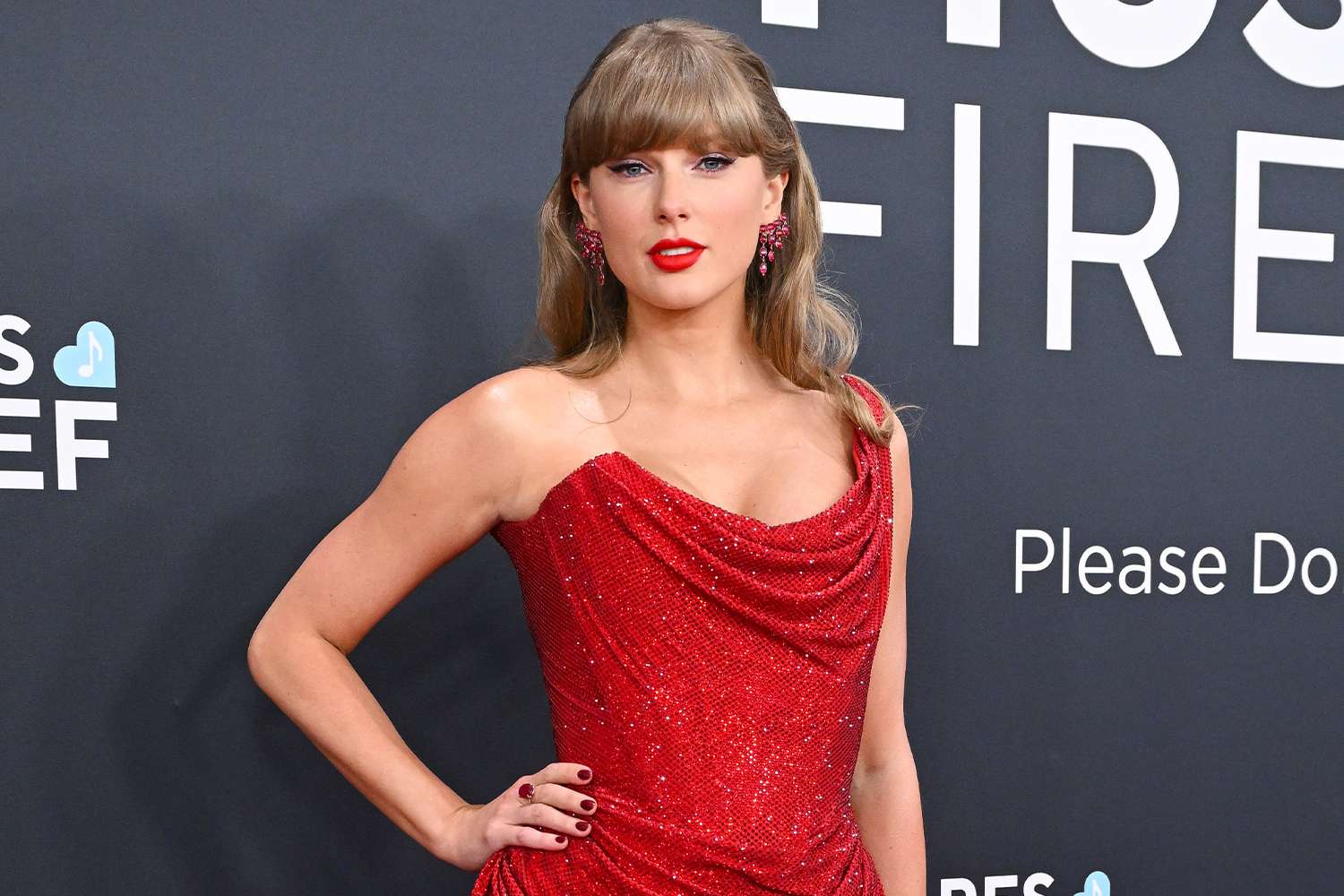The phrase “Taylor Swift The Fappening” has appeared frequently in online discussions about celebrity privacy and internet culture. While many associate it with a notorious series of photo leaks that began in 2014, it’s important to clarify that Taylor Swift was not among the victims whose private images were illegally stolen and shared. Yet her name being connected to such events highlights how misinformation, voyeurism, and the media’s obsession with celebrity life continue to blur ethical boundaries in the digital era.
The Origins of “The Fappening”
In 2014, a mass leak of private photos from dozens of celebrities—mostly women—surfaced on websites like Reddit and 4chan. The event quickly became known as “The Fappening,” a crude blend of internet slang for masturbation and the term “happening.” The stolen materials were acquired through phishing and hacking of iCloud accounts. It was one of the largest breaches of celebrity privacy in digital history, sparking global debates about cybersecurity, consent, and media responsibility.
Although “Taylor Swift The Fappening” appeared in online searches during the scandal, no confirmed evidence or official investigation tied her to the hacked material. This false linkage exemplifies how the internet amplifies rumors and misinformation, often at the expense of victims and uninvolved individuals alike.
The Role of Media and Culture in Privacy Erosion
“Taylor Swift The Fappening” has since become a shorthand among certain online communities—not necessarily referring to any real leak, but symbolizing how even the most private aspects of celebrity life are constantly at risk. The event underscored how the allure of fame can sometimes strip individuals of the right to personal dignity.
Media outlets contributed to the problem by sensationalizing the leaks. While credible publications condemned the incident, tabloid-style sites often exploited the situation for traffic. The contrast revealed deep ethical fractures in how modern journalism handles private digital information.
Cybersecurity and the Illusion of Digital Safety
Even though “Taylor Swift The Fappening” became a term searched by curious fans and trolls alike, its existence as a misinformed keyword points to a much larger issue—the illusion of privacy in the digital ecosystem. For public figures, cybersecurity measures often lag behind the sophistication of hackers motivated by fame or financial gain.
Apple, the company at the center of the 2014 breach, maintained that no system-wide hack had occurred. Instead, individual users’ accounts were compromised via phishing. This emphasizes that privacy breaches are not always the fault of technology alone; they often stem from human trust, negligence, or coercion. The entire scandal reshaped how both celebrities and ordinary people manage their digital presence.
Taylor Swift’s Relationship with Media Narratives
Taylor Swift’s digital image management contrasts sharply with the chaos surrounding “The Fappening.” She has long been known for her meticulous control over her public persona. From reclaiming her music catalog to handling her social media presence strategically, Swift exemplifies how a modern artist can use transparency and ownership of narrative as a shield against intrusion.
Despite false connections around “Taylor Swift The Fappening,” she has consistently advocated for artist autonomy and public respect. Her experiences with media invasions—ranging from paparazzi scrutiny to speculation about her private relationships—parallel the kind of boundary violations that “The Fappening” epitomized on a global scale.
Online Ethics and the Commodification of Privacy
The phrase “Taylor Swift The Fappening” also symbolizes how internet culture can normalize unethical behavior. When audiences consume leaked materials, they become complicit in violating personal boundaries. This phenomenon raises fundamental questions: Where do curiosity and criminality diverge? How far should freedom of speech extend in the age of viral sharing?
Scholars of digital ethics argue that the “click economy” incentivizes invasion. Every view, repost, or mention translates into advertising revenue, making exploitation profitable. As a result, even years later, search engines index and autofill terms like “Taylor Swift The Fappening” without verifying authenticity, further perpetuating misinformation.
The Gendered Nature of Online Exploitation
One striking detail about “The Fappening” was the overwhelming number of female victims. This pattern reflects the intersection of technology and gender: the ongoing objectification of women and the notion that their bodies are public property. By contrast, male celebrities seldom face comparable digital intrusions.
The association of “Taylor Swift The Fappening” with this phenomenon reinforces broader cultural criticism. It’s not just about hacking or celebrity gossip—it’s about how easily the female body becomes a nexus of attention, judgment, and exploitation. For Taylor Swift, who has spent years advocating for gender equality and self-agency in her art, such false associations challenge the progress she represents.
Building a Culture of Accountability
While governments and tech firms have improved cybersecurity protocols since 2014, the deeper issue—cultural complacency—remains. The casual use of terms like “Taylor Swift The Fappening” shows how the internet can trivialize crime and trauma. Leaked-content discussions often ignore that these acts involve real victims with real emotional harm.
Stronger digital literacy, ethical media standards, and clearer laws against non-consensual sharing could mitigate future harm. Countries like the United States have since prosecuted individuals involved in similar breaches under wire fraud and identity theft statutes, but enforcement lags globally.
Looking Forward: Lessons for the Digital Generation
The fascination surrounding “Taylor Swift The Fappening” and similar events reveals that fame now functions as both armor and vulnerability. The public expects celebrities to be open books, yet punishes them when privacy boundaries are crossed. Social networks and fan communities blur the line between appreciation and entitlement.
Ultimately, Taylor Swift’s example offers a counter-narrative—one centered on reclaiming agency. By cultivating her brand around authenticity and artistic control, she demonstrates that digital transparency can coexist with privacy, provided it stems from choice rather than coercion.
In the end, “Taylor Swift The Fappening” serves as a case study in how rumors, breaches, and the collective appetite for exposure converge in modern media ecosystems. It reminds us that behind every viral headline lies a deeper conversation about technology, ethics, and human empathy. Whether discussing a superstar like Taylor Swift or anyone else, the right to digital dignity must remain nonnegotiable.





